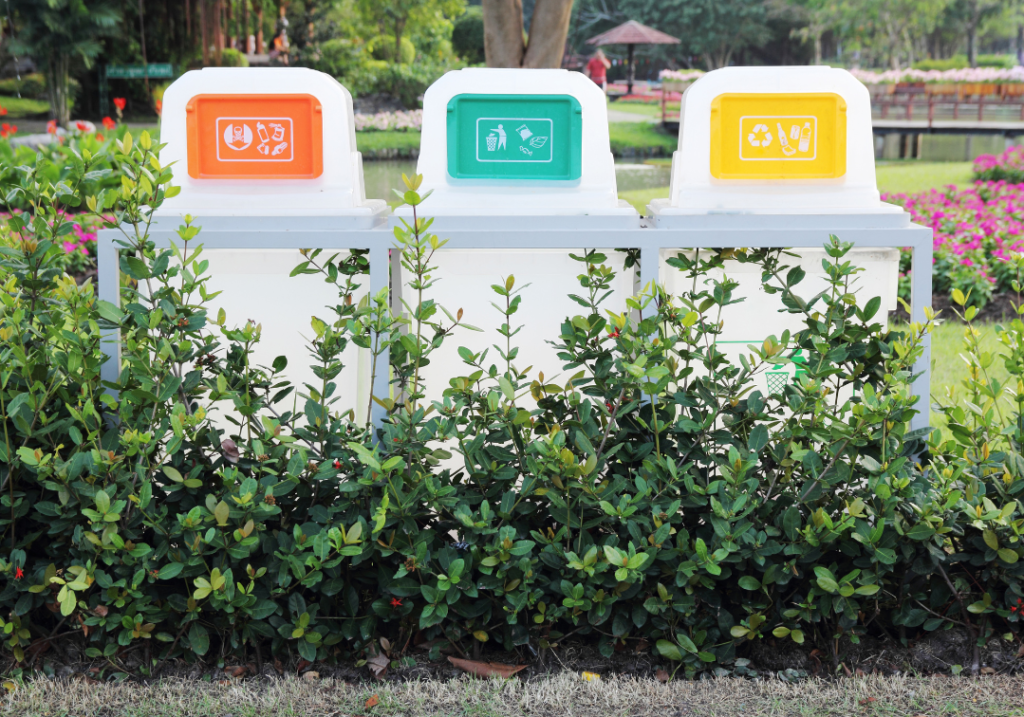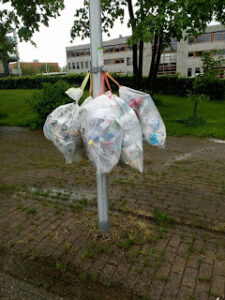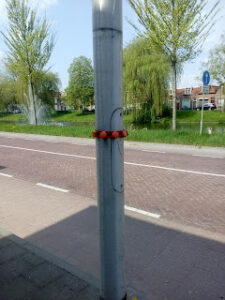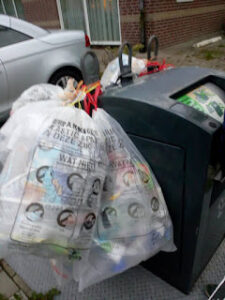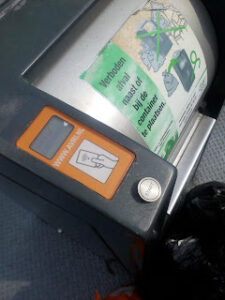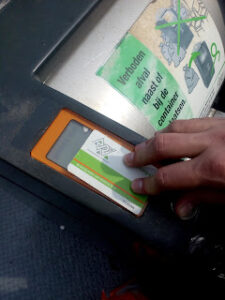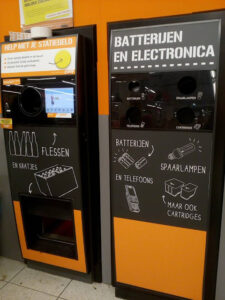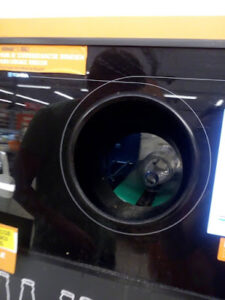How to separate waste in the Netherlands?
Separation of waste in the Netherlands is very strictly policed and observed, as there are
very high fines for failure to do so. You have to make sure that you put all your waste in
proper colour-coded bags/containers. If you fail to do this, you may find that the municipal
services will not take the waste away and you will receive a fine instead.
In general, each region in the Netherlands has its own rules on the matter. The Dutch are not
very pro-environment, but if they have an opportunity to take care of the environment, they
do that.
As a result, every Dutchman is very diligent about segregating garbage, because wants to
protect himself from heavy fines. Containers do not always stand right next to residential
buildings. Sometimes you have to take a short walk with a bin bag in your hand. It is important
to remember that all bags must be tied up, the lid of the container must be closed because if
it is even slightly open, the container will no longer be collected by the garbage collection
company.
What and where ?
For people who have not lived in the Netherlands before, segregation is a mystery. Sometimes
they have a problem and wonder where to throw away a plastic vegetable packaging or a milk
carton. Fortunately, Dutch companies respond to customers needs and usually put
information on product packaging about which container to throw the item in.
Containers – each of them is labeled, most trash falls into a container underground.
Paper – waste paper is thrown into containers and bins, sometimes they have to be torn into
smaller pieces to fit.
Glass – put into a container with 3 windows for white, brown and green glass.
Plastic – here’s where it gets fun, usually on Mondays, that’s how it’s fixed in the calendar,
you have to hang them on a pole, tree or container in a plastic bag.
The last category is Restafval – this is everything that has not been thrown into other
containers. This is a special, locked container and you need a special card to open it. Each
opening and closing of the container is recorded and costs €1.20. Seemingly nothing, but if
you count annually, it adds up a little.
Deposit – in the Netherlands there is a deposit on some types of glass and plastic bottles;
labels indicate whether the price of a particular product includes a deposit (20 – 25 euro
cents per item). Any store that sells bottles, batteries and light bulbs must have a special
vending machine to return the garbage. This machine calculates a deposit refund, which you
can deduct from your next purchase or donate to charity.
Bulky waste – if a resident of the Netherlands wants to get rid of large items of solid waste
(e.g. TV, washing machine, furniture) instead of taking them to a landfill (as there is an
additional fee for doing this) it is better to put them on selling sites and marketplaces on the
Internet or give them away to kringloopwinkels (these are Dutch second-hand stores).
